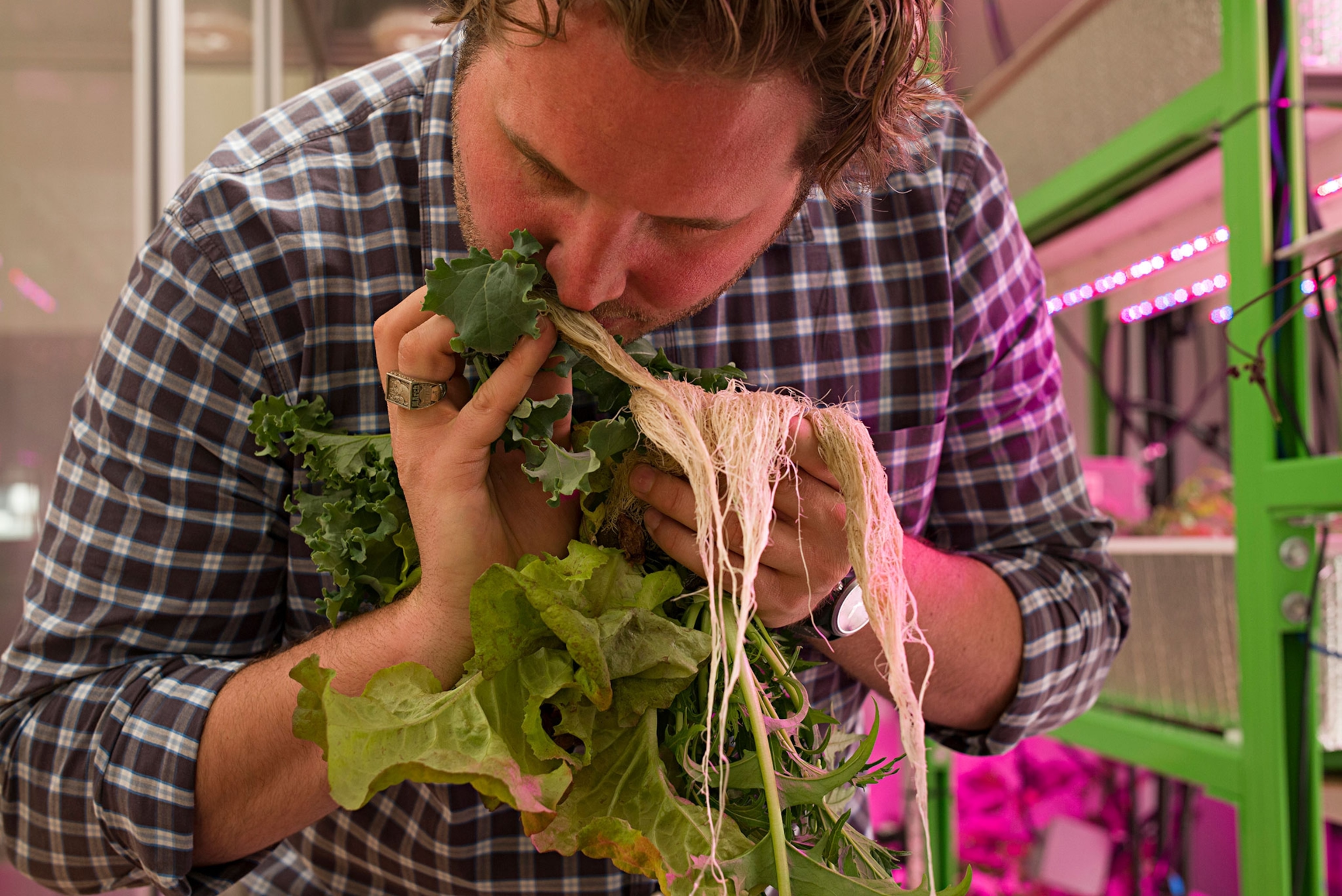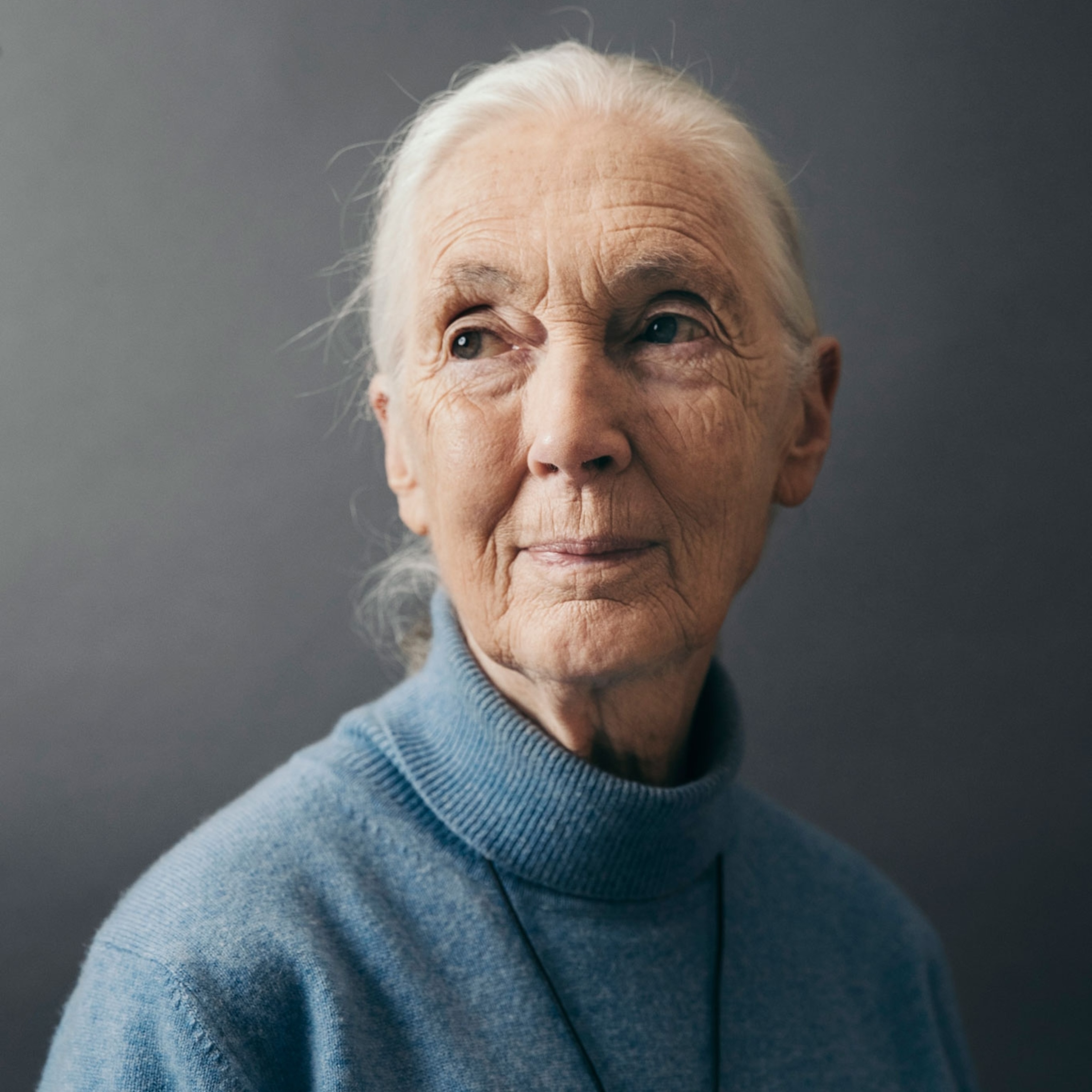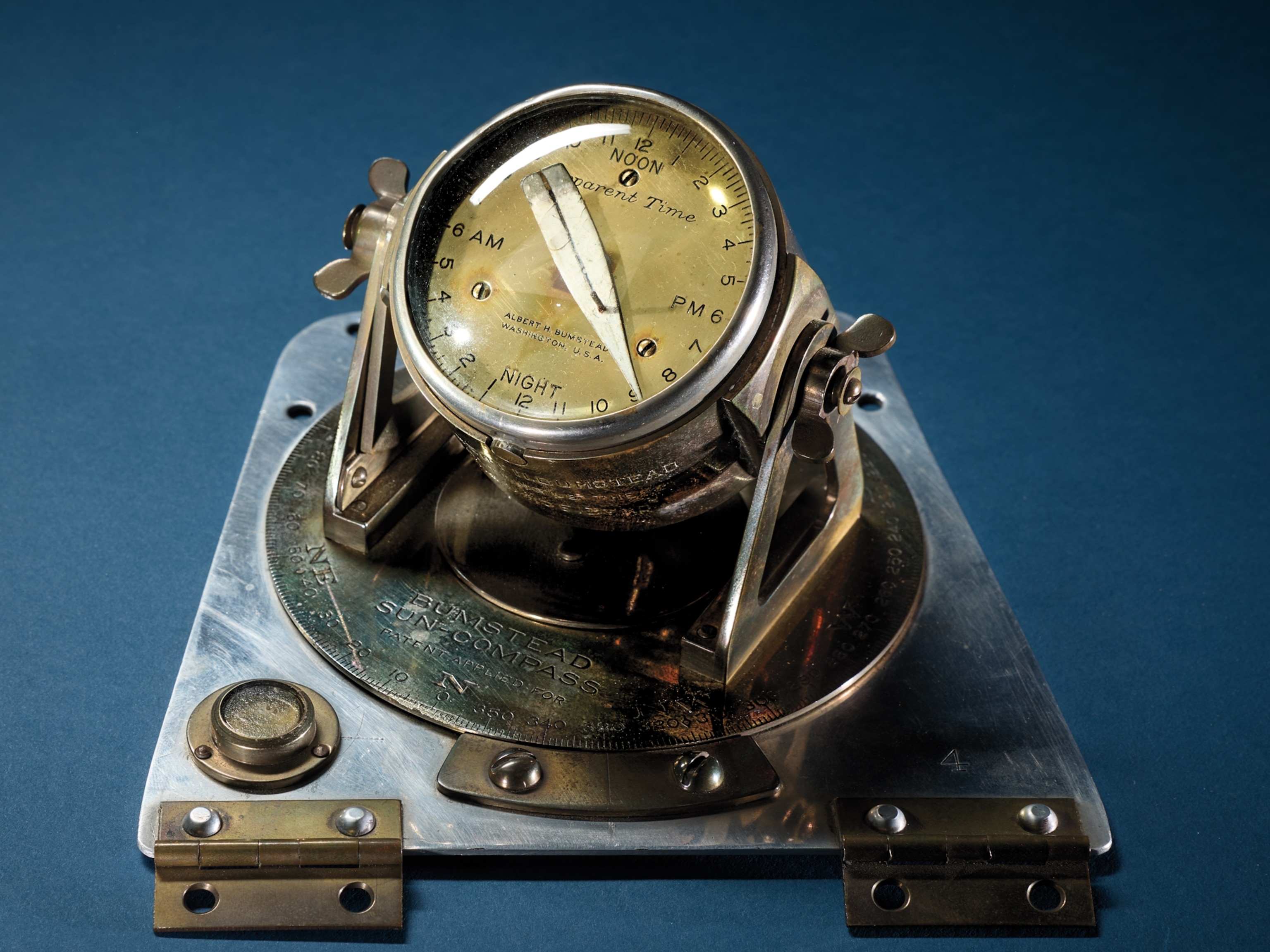
How 9 National Geographic Explorers Got Their Start
These defining moments led to careers in space research, big cat conservation, and more.
A lifetime of changing the world might begin with something as simple as a book, a pet, or a family trip. As National Geographic's Explorers Festival continues, see how several explorers—conservationists, educators, entrepreneurs, and thinkers—were inspired to follow the paths they are on today. Their answers might prompt your own ideas and adventures.
Christopher Golden: An Encyclopedia
An ecologist and epidemiologist from the 2014 class of Emerging Explorers, he studies how global environmental trends affect human health.
My interests started when I was nine years old. We had to write an animal report, and as I was flipping through an encyclopedia of animals, I fell in love with the ringtailed lemur. I got started with practical experience in my field of work when I was 16. I worked on an Earthwatch project with Luke Dollar in northwestern Madagascar, studying the behavioral biology of the fossa, the island's largest predator. (Watch: Ecologist Sees Rain Forest Through Villagers' Eyes)

Caleb Harper: A Natural Disaster
An urban agriculturalist and 2015 Emerging Explorer, Harper is on the Genius Council at Chasing Genius and is focused on building the food systems of the future.
[In response to the 2011 earthquake and tsunami in Japan], I went with a group of MIT Media Lab folks who were interested in seeing how they could help in some way. When I arrived, the headlines read, "Japanese Farmlands Have No Water, No Youth, No Land, and No Future." My family is in the grocery business and also raises crops and livestock in Texas and Kansas. That's part of my life. Later, I became an architect and engineer designing hospitals and data centers. So what happened in Japan really hit home. It got me thinking: How can I put my different skill sets together to make a difference? I realized that what is really needed is a data center for food, one that is not exposed to the natural environment. (See Harper's talk about his work.)
Jennifer Lopez: A Space-Themed School
A technologist and data scientist named an Emerging Explorer this year, she is working on bringing the benefits of space research down to earth.
My school [Francis R. Scobee Middle School in San Antonio, Texas] was actually named after one of the astronauts that unfortunately passed away in the space shuttle Challenger mission back in 1986. Literally everything in the school was space-related, from the names of the hallways to the mascot (the Scobee Challengers) to the theme of the school, “Reach for the Stars.”
Just being exposed to something like that really played a big role in my initial interest in terms of science, space exploration, and technology. I still have same T-shirt that I wore when I was in the Young Astronaut Program—I kept it after all these years. I was just really proud to be a part of something like that and knew it was a unique opportunity.
Ricardo Moreno: His Cat
The wildlife biologist and 2017 Emerging Explorer is on a mission to protect jaguars and other big cats in Panama.
I grew up watching my own domestic cat from when I was 14 years old. With my cat, I never slept. Every single day when I’d wake up, the first thing I did at that time in my life was try to find my cat outside and see what he was doing with the other cats around.
While in school I continued watching the group of domestic cats living near my house. If they moved to somewhere, if they fought, if they mated with the females—I needed to record everything about their behavior. At midnight I’d wake up and go out trying to find where they were.
I grew up in a not very safe place. My mom was very angry with me for being out in the street late at night. ‘But mom, I am trying to find the cat and see what he’s doing!’ After my cat died [seven years later], I started to get more focused on wildcats and started reading a lot of scientific papers. (Related: “Out of the Shadows, the Wildcats You've Never Seen.”)
Thandiwe Mweetwa: A Childhood Move
A lion biologist and 2016 Emerging Explorer, she is studying and working to save Zambia's big cats.
Before moving to [the Zambian village] Mfuwe, our family lived in a small town surrounded by sugarcane plantations, so we never saw any wildlife. When I moved and had to change completely to a different way of life, without running water or electricity, that was difficult at first. But I think it turned out to be OK, because it set me on the path that I’m on at the moment.
Our village is surrounded by mango trees, so baboons and vervet monkeys are regular visitors during the mango season. There are also buffalo and small antelope like puku and bushbuck. The first animal I saw was a lone male baboon. It was exciting to see a real live wild animal for the first time.
My school had a conservation club. It’s just like an environmental awareness club, pretty much. There, we learned lots of stuff about general wildlife biology and also environmental issues and problems that were facing most of these species. That made me want to go into the field and do something to help protect these animals.
Jeffrey Marlow: A Family Trip
The geobiologist, writer, and educator is a 2016 Emerging Explorer and studies microbes that can survive in extreme conditions.
[My interest in microbiology] stemmed from a family trip to Yellowstone, for sure. I remember seeing these beautiful, crazy, dangerous hot springs with all these amazing colors. When someone told me life could exist in that, I was stunned and just needed to know more. What are the limits of biology? Realizing that there’s something so magical and adaptable and unknown about life, that it’s a fundamental and unsettled aspect of our world, created an element of mystery that I had to chase down.
The other [formative] experience was witnessing a space shuttle launch. Seeing this rocket so powerfully escape the atmosphere and transport people to an entirely different realm was amazing to me. Realizing there’s a microscopic world that we know so little about, and a much larger interplanetary world that we know so little about: Where do those two intersect? That’s kind of what I’m after.
Gao Yufang: A Book About Pandas
A wildlife conservationist and 2016 Emerging Explorer, he has worked to save snow leopards in the Mount Everest region and ran an elephant conservation tour in China.
I chose biology as my undergraduate major, but when I went to Peking University, I found that most of what biologists do is in the lab. This is not what I wanted to do. I liked to travel. I liked to go to different areas to experience the culture and see different things. This is what I wanted in my life.
In my second year, I remember I read a book on giant pandas, The Last Panda by George Schaller. This book changed my life, I think. I remember I ran across this book in the library and I spent the whole afternoon finishing it.
In 2008, I got an award from the Conservation Leadership Programme that allowed me to take one year off school to work for the Wildlife Conservation Society, or WCS.
When I told my advisor, my undergraduate mentor, and my parents that I would like to take one year off school, they did not understand. They felt I was in the best university in China, that I should stay at university, get my degree, and try to get a good job. This was their idea of my career. But I was very determined.
Sanga Moses: His Sister
A social entrepreneur and 2014 Emerging Explorer, he aims to prevent deforestation by producing homegrown energy via food waste.
In January 2009, I traveled from Kampala, where I worked as an accountant in a top bank, to go and visit my mother in my home village in western Uganda. On my way home, I met my 12-year-old sister carrying a heavy bundle of firewood on her head. She had missed school that day and walked for 10 kilometers to gather firewood for my family. When my sister saw me, she started crying and told me that she was tired of missing school to gather wood. This troubled me so much, because I wanted my sister to stay in school. I immediately decided to quit my secure job with just $500 in savings to totally focus on finding a solution to over-dependence on fuelwood in sub-Saharan Africa so that girls like my sister could stay in school. Everyone thought I was crazy!
Asha de Vos: National Geographic Magazines
The marine biologist, ocean educator, and 2016 Emerging Explorer is focused on saving blue whales in the northern Indian Ocean.
My parents really encouraged curiosity, but they also exposed us to lots of different things. One of the people that I was exposed to was Arthur C. Clarke, the science fiction writer. He moved to Sri Lanka to dive our wrecks. He would come to my swimming club and I would sit with him. He’d tell me these stories about his dives. There was a lot of intrigue around that.
Everybody saw the ocean as a big blue tank of water, but for me there was something more going on, and I wanted to know what it was. My parents used to buy secondhand National Geographic magazines from this little store down the road. I’d flip through them and see these beautiful images. I used to think, wow, one day that could be me. I wanted to be that explorer and discover what no one else had discovered.
To me it was like, Sri Lanka is an island, why is no one else a marine biologist? That’s the thing that’s baffled me for so long. How come nobody has ever considered this pathway? I’m not saying it’s easy, but I’m saying that it’s possible.
The National Geographic Explorers Festival runs June 15-18.





